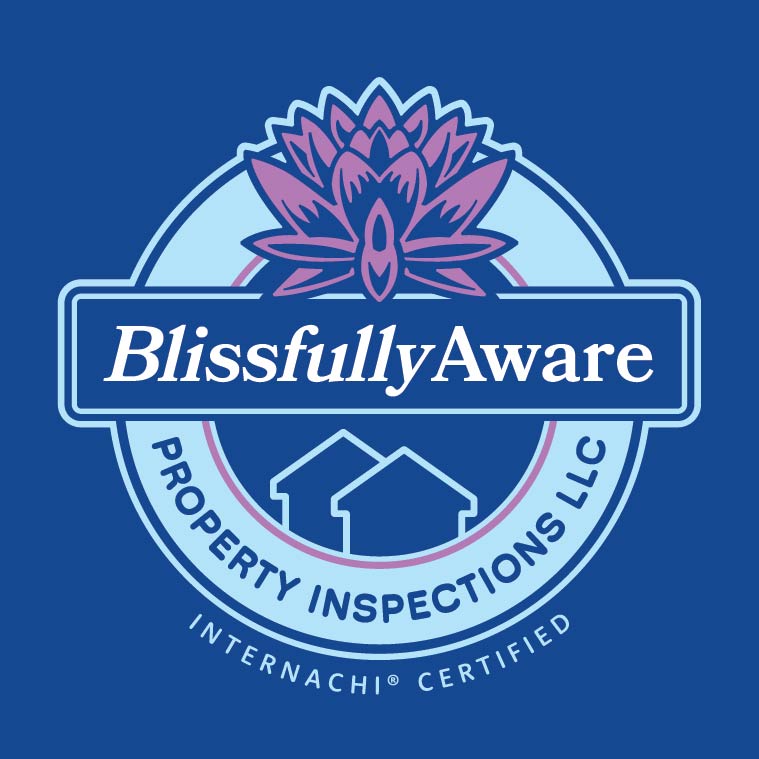Residential Inspections
A home is one of the most important investments you’ll ever make, and ensuring its safety and condition is essential. Let me inspect your property to identify any potential issues and give you peace of mind about your home’s integrity. Learn more about the benefits of a thorough residential inspection and what to expect during the process.
Termite Inspections
Termites can cause significant damage to your home, often without any visible signs until it’s too late. Let me inspect your property for termite activity and conditions that could lead to an infestation. Protect your investment and learn more about the importance of regular termite inspections and prevention.
Radon Testing
Mold Testing
Although most types of mold aren’t toxic, they can still lead to health issues if left untreated. Make sure your home is free from harmful mold by having me run professional tests today. Learn more about the dangers of mold exposure.
Commercial Inspection
A commercial property is a significant investment, and its condition directly impacts your business. Let me inspect your property to identify potential issues with critical systems like roofing, electrical, plumbing, and structure. Protect your investment and learn more about the importance of comprehensive commercial inspections for long-term success.
- InterNachi Certified Professional Inspector
- InterNachi Member #24062208
- Ohio-Licensed Home Inspector #2024004154
- Ohio-Licensed WDI Inspector #168742
- Ohio-Licensed Radon Tester #RT2028
- Ohio-Certified Mold Tester #1964
Frequently Asked Questions
Buying or selling a home can be a stressful experience, but we’re here to ensure you know what to expect during your home inspection.
A home inspection includes checking for any structural issues such as foundation cracks, roof leaks, plumbing issues, electrical wiring, heating/cooling systems, insulation, windows, doors, chimneys, etc. Depending on how big the property is, a home inspection typically takes 2-3 hours.
Ensure all inspection points are free from clutter, including any closets that might lead to a crawlspace or attic, and clearing some space around your home’s perimeter. It’s also important to check the functionality of all built-in appliances, electric, and gas. If you don’t plan to attend the inspection, make sure your inspector has access to the home, and all pets are properly contained or moved.
A home doesn’t pass or fail an inspection. Instead, a home inspection is a thorough audit of your home’s components. In most cases, there will be concerns marked on your home inspection report, but these are strictly informative.
While you can legally skip a home inspection in many cases, doing so could mean you may end up buying a home that has major issues that need to be fixed.
While a home inspector may recommend some minor repairs, they are not qualified to make major repairs. He or she can provide information about what needs to be repaired — and it might be helpful to know that information — but the decision to actually do the work lies solely with the homeowner. Not only does this give you the freedom to choose your contractors, but it also helps prevent a conflict of interest.
A home inspection can affect appraisals for two reasons: 1) The inspector may find something wrong with the property that would lower the value of the home, 2) The inspector may find things that need repair which could increase the value of the home. If the inspection finds issues that require repairs, then the seller has to decide whether they want to fix them themselves, or hire someone else to do it. If the buyer wants to purchase the home, he/she must be willing to pay for those repairs.
